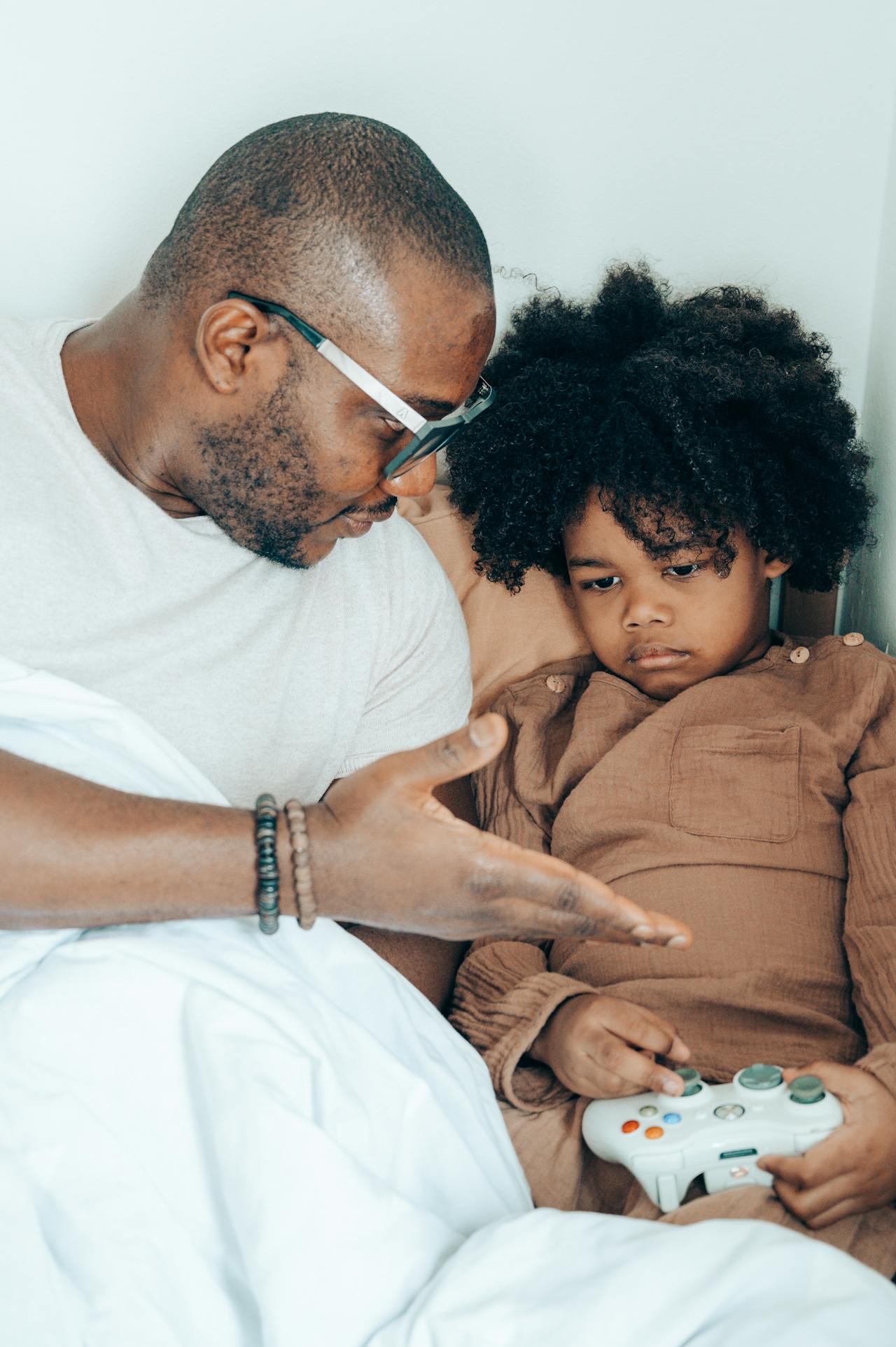One of the most powerful tools in parenting is communication. The words you choose, the tone you use, and the way you engage with your child profoundly impact their self-perception and emotional well-being. Your communication style lays the foundation for your child’s inner voice—a voice that will guide them throughout their lives.
The Development of the Inner Voice
In the early years, children are like sponges, absorbing everything from their environment. The way you speak to them becomes part of their internal dialogue. Words of love, encouragement, and support form a positive inner voice, while harsh or critical language can lead to self-doubt and negativity.
As children grow and their cognitive abilities develop, so does their capacity to interpret and internalize the words and tones used by their parents. During this period, consistent, positive communication reinforces a healthy self-image, while negative interactions can shape a more critical inner voice.
The Language of Encouragement
Positive communication is a cornerstone of a healthy inner voice and contributes significantly to a child’s overall sense of well-being.
Using encouraging words and positive affirmations helps children develop a strong sense of self-worth. This nurturing approach cultivates an inner voice that believes in their abilities and fosters resilience.
Offering constructive feedback, rather than criticism, helps children develop a growth mindset. When challenges are framed as opportunities to learn rather than as failures, children become more willing to take risks and embrace new experiences.

The Impact of Criticism
Negative communication can have long-lasting effects on a child’s self-esteem and internal dialogue. Children often internalize negative comments, which can lead to a harsh inner critic. This critical inner voice may undermine their confidence and self-worth, affecting their ability to navigate challenges effectively.
Frequent criticism can also create a fear of failure, making children hesitant to try new things or take risks. This fear can limit their potential and stifle creativity and exploration.
Cultivating Emotional Intelligence
Communication that nurtures emotional intelligence contributes to a balanced and empathetic inner voice. Modeling empathy in your interactions teaches children to consider others’ perspectives. This practice fosters a compassionate inner voice, encouraging kindness and understanding.
Encouraging children to express their emotions openly builds emotional intelligence. It helps them understand and manage their feelings, which is essential for developing a healthy inner voice.

Tips for Positive Communication
Here are some practical tips to foster positive communication with your child:
Mindful Communication: Practice mindfulness in your communication. Be present and aware of your words and tone, ensuring they align with the supportive environment you wish to create.
Active Listening: Show genuine interest in your child’s thoughts and feelings. This demonstrates that their voice is valued and respected.
Use Positive Language: Frame discussions in a positive light, focusing on solutions and encouraging language. Avoid negative labels and harsh criticism.
The Lifelong Impact
The way you communicate with your child has long-term implications for their self-esteem, confidence, and overall mental well-being. By using words of encouragement, providing constructive feedback, and communicating with empathy, you are helping shape a resilient, confident, and compassionate inner voice. This inner voice will guide your child throughout their life, influencing how they see themselves and interact with the world around them.




